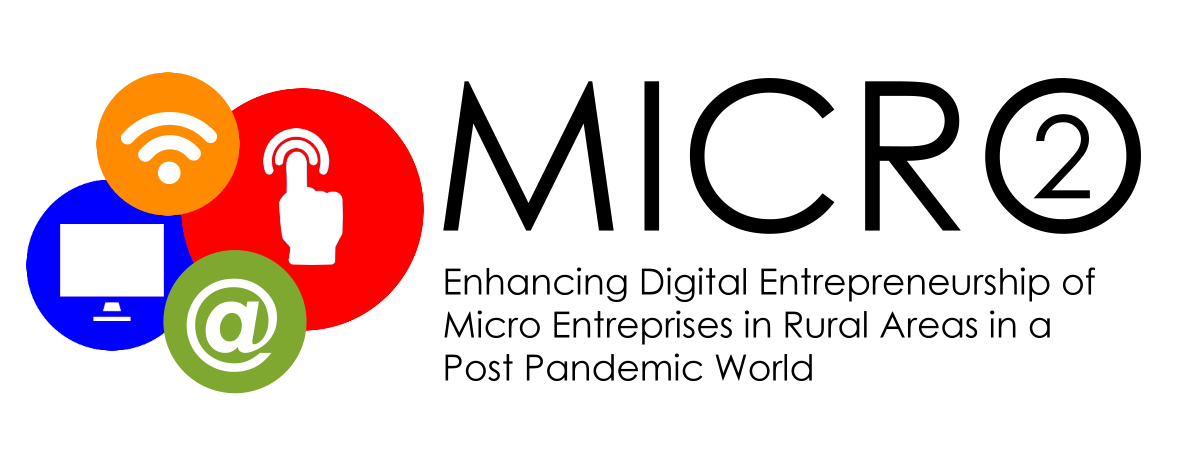Bodegas Robles
One innovative rural enterprise in Andalucia, Spain is"Bodegas Robles," a winery located in the province ofCórdoba (Andalucia) that has implemented sustainableand eco-friendly practices in their wine productionprocess.
The Robles family has been making wine in Montilla since1927. At the end of the 1990s, the third generationunderstood that, rather than progress, the company was infavour of going back. And this philosophy is perfectlyreflected in the work we do in our Montilla Moriles winecellar.
The company was awarded with the Top15 award for theBest Spanish Wineries of the Decade (2011-2020) by theSpanish Association of Wine Journalists and Writers (Aepev).
Bodegas Robles uses an innovative system called"photovoltaic roofs" that generate clean energy fromsolar panels installed on the roof of their winery. They alsouse organic and biodynamic farming methods to growtheir grapes, avoiding the use of chemical fertilizers andpesticides.
In addition to their sustainable practices, Bodegas Robleshas developed a unique and innovative wine-makingprocess called "soleo, " which involves drying the grapesin the sun to concentrate their flavor and sugar contentbefore pressing.
This process results in a wine that is more full-bodied andflavorful than traditional wines, and has earned BodegasRobles several international awards and recognitions.
Bodegas Robles' innovative practices show how ruralenterprises can embrace sustainability and eco-friendliness while also experimenting with new andunique production methods to create high-quality anddistinctive products. This approach can help ruralbusinesses differentiate themselves in a crowded marketand appeal to consumers who are increasingly interestedin sustainable and ethical products.
Download Content:






